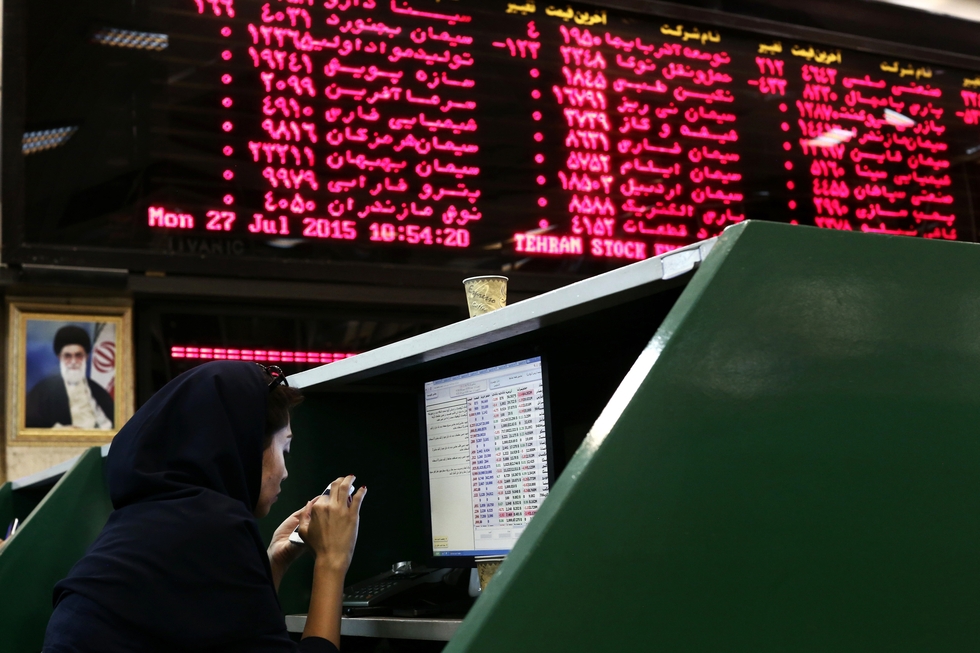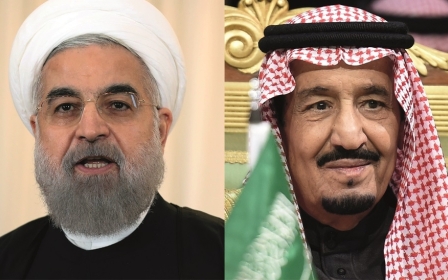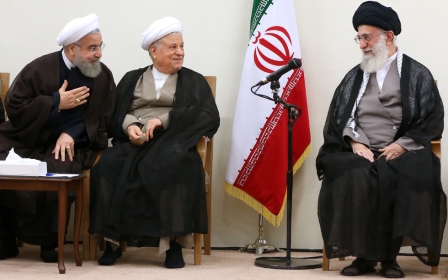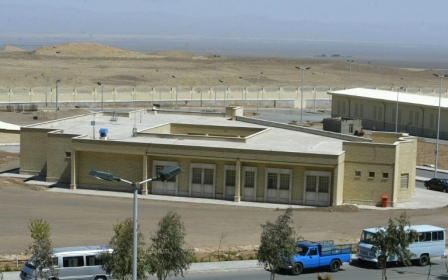Iran's economy will suffer until sanctions lifted: IMF

Iran's economy will continue to suffer until international sanctions are lifted and the country is able to significantly lift oil exports, the International Monetary Fund said on Monday.
"The sharp decline in global oil prices, tight corporate and bank balance sheets, and postponed consumption and investment decisions ahead of the expected lifting of economic sanctions, have significantly slowed down economic activity since the fourth quarter of 2014/15," the IMF said in its annual review.
As a result, real economic growth is estimated at near zero (-0.5 to +0.5) for 2015-16. Inflation is expected to remain near 14 percent by year-end.
"Prospects for 2016/17 are brighter, owing to the prospective lifting of economic sanctions. Higher oil production, lower costs for trade and financial transactions, and restored access to foreign assets, are expected to lift real GDP to about 4–5.5 percent next year," the IMF said.
The IMF in October predicted that Iran's landmark nuclear deal would lift economic growth in the war-plagued Middle East next year as the rolling back of sanctions would bring a rebound in oil exports.
"The lifting of sanctions... should allow for a recovery in oil production and exports," it added, while predicting "a gradual improvement in the outlook for countries severely affected by conflicts, such as Iraq, Libya and Yemen."
Iran's nuclear deal will heighten economic growth, the IMF predicted, in the war-plagued Middle East in 2016 as the rolling back of sanctions brings a rebound in oil exports.
But the outlook for this year has worsened over the past six months, partly because of the conflicts raging in Yemen and Libya, the International Monetary Fund said in its bi-annual World Economic Outlook.
However, growth in the Middle East and North Africa will "pick up substantially in 2016, supported by accelerated activity in the Islamic Republic of Iran," it said.
"The lifting of sanctions... should allow for a recovery in oil production and exports," it added, while predicting "a gradual improvement in the outlook for countries severely affected by conflicts, such as Iraq, Libya and Yemen".
Regional growth is predicted to slow to 2.3 percent this year, down marginally from from 2.6 percent last year. Next year though, the IMF believes that it will rebound to 3.8 percent in 2016.
The IMF urged Iran to undertake prudent monetary and fiscal policy as a way to keep inflation under 10 percent.
Its also praised announcements by the Iranian government that it would unify the foreign exchange market and remove foreign exchange restrictions and multiple currency practices.
New MEE newsletter: Jerusalem Dispatch
Sign up to get the latest insights and analysis on Israel-Palestine, alongside Turkey Unpacked and other MEE newsletters
Middle East Eye delivers independent and unrivalled coverage and analysis of the Middle East, North Africa and beyond. To learn more about republishing this content and the associated fees, please fill out this form. More about MEE can be found here.




